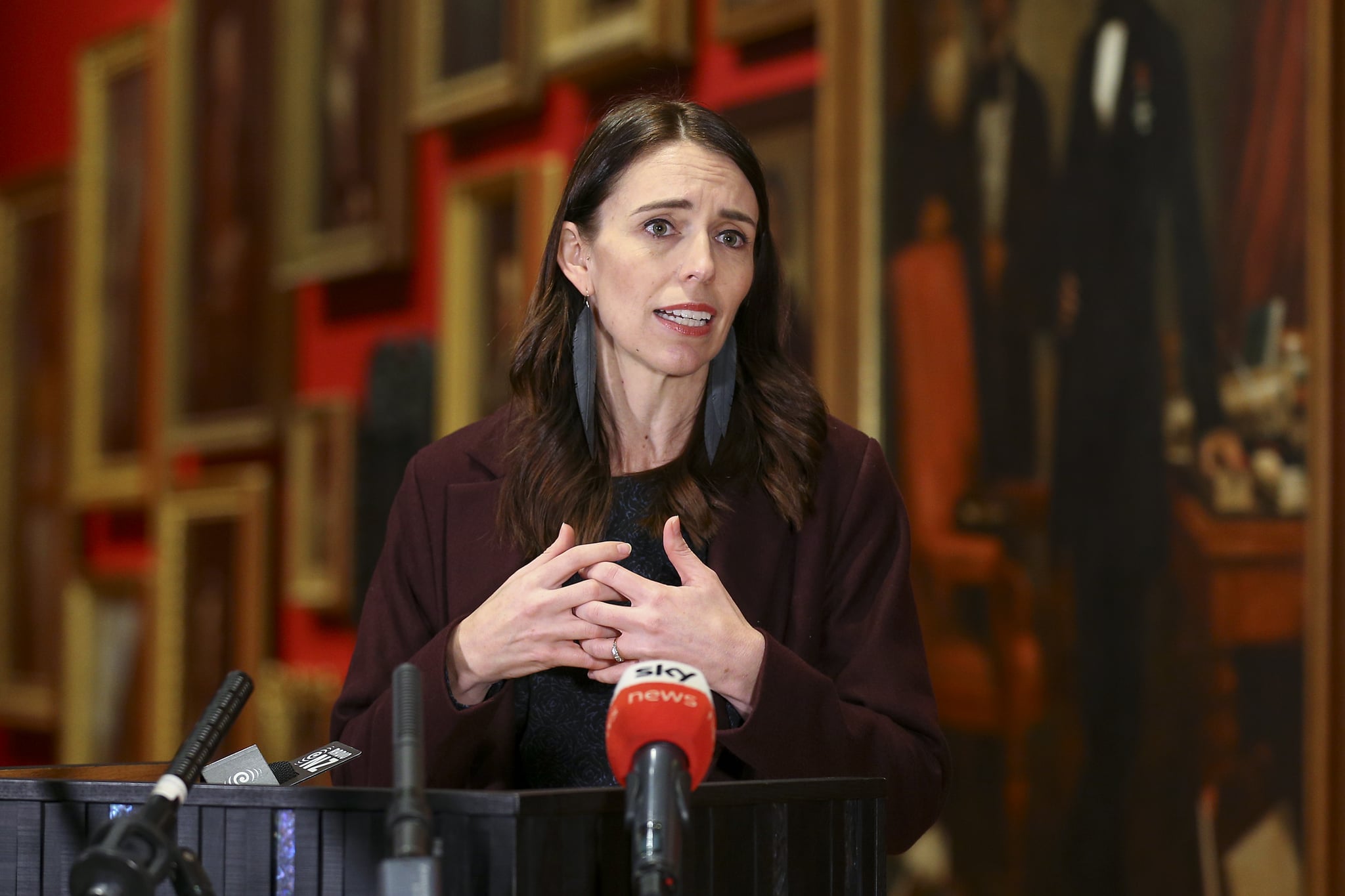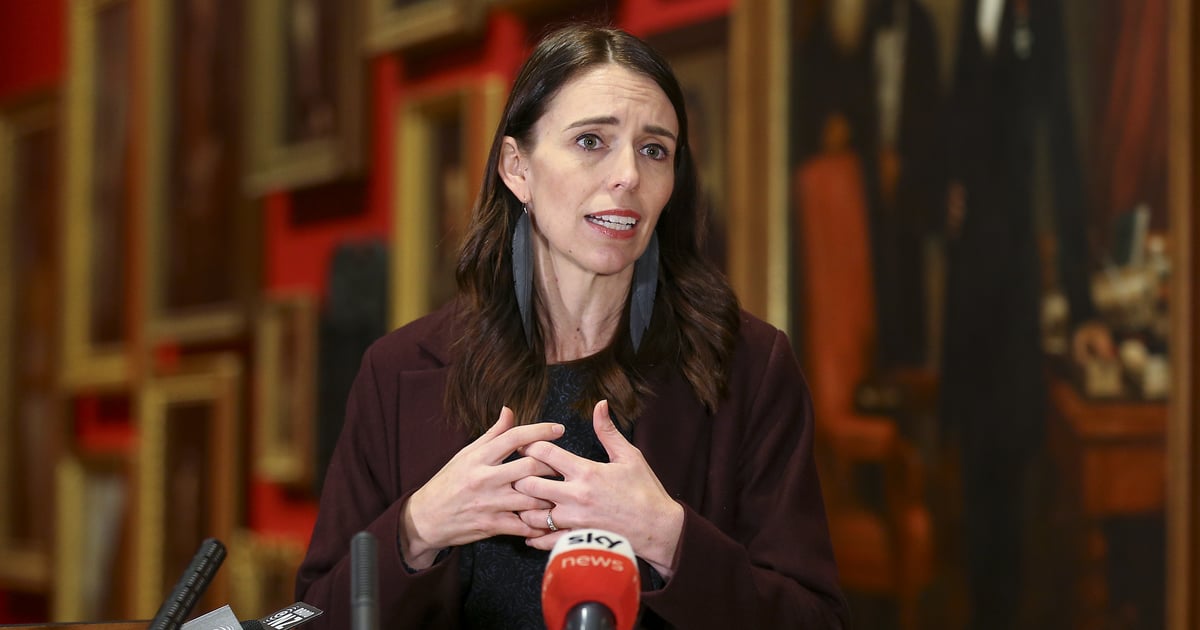
Update, Feb. 18, 2020: On Feb. 18, New Zealand’s Prime Minister Jacinda Ardern announced that all schools will provide free menstrual products to students over the next three years, according to The New York Times. The program will roll out in June, and be for students in primary, intermediate, and secondary schools. “Young people should not miss out on their education because of something that is a normal part of life for half the population,” Ardern said. This follows a six-month pilot program in 2020 that provided free period products to students in 15 schools in New Zealand’s Waikato region.
Original post, June 4, 2020: New Zealand’s Prime Minister Jacinda Ardern has announced a plan to tackle period poverty in the country’s schools by providing access to free tampons and sanitary pads for all girls. From term three of the 2020 school year, 15 schools in Waikato (an area on New Zealand’s North Island that was identified to have the schools most in need) will be the first to receive access to free period products. The goal is for the program to roll out nationwide on an opt-in basis by 2021.
The fight to eliminate period poverty has picked up steam this year, particularly in the United Kingdom. Ardern’s announcement follows Scotland’s passing of a historic bill on Feb. 25 to make period products free for all women, plus England and Wales’s government-led scheme, which makes free products available in state-funded schools and colleges. “We know that nearly 95,000 9- to 18-year-olds may stay at home during their periods due to not being able to afford period products,” Ardern said in a speech on Wednesday. “By making them freely available, we support these young people to continue learning at school.”
Of course, period poverty doesn’t only affect school-age girls and is a much larger systemic issue, largely because period products are still considered luxury items rather than the essentials they so obviously are. In March 2020, Chancellor Rishi Sunak announced that the controversial tampon tax (which is a five percent tax on sanitary products) would be scrapped in the UK, following a 20-year campaign from women’s rights activists.
The UK certainly isn’t the only country to do this. In late 2019, Australia finally ditched its 10 percent period tax, too, but in New Zealand, the tax is still in effect, just as it is in 35 states in the United States. Initiatives like the one set out by Ardern on Wednesday are not only positive but also vital steps toward eliminating period poverty.
— Additional reporting by Christina Stiehl
